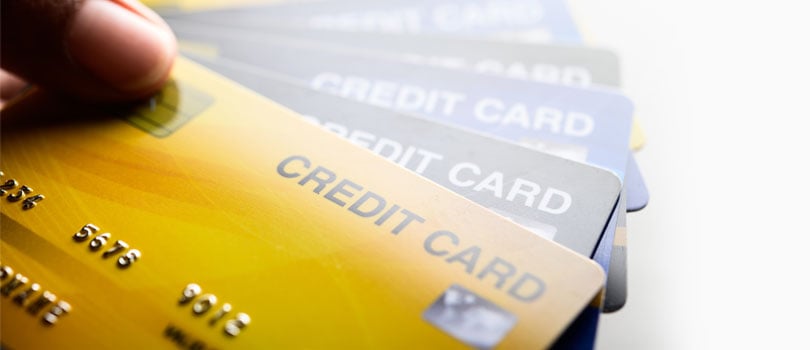Credit card have become an essential component of our daily life. Credit cards are a godsend for making large purchases or simply getting through tough times. Although it is simple to obtain a credit card nowadays, many applicants have reservations and concerns, mostly about if their application will be granted.
This post is for you if you are one of those who are looking for a credit card. This article will go through the credit card meaning, the application process, and approvals, as well as the time it takes for application approvals and typical reasons for rejections.
How to Apply for a Credit Card
There are several ways to apply for a credit card. You may apply online at your favorite bank’s website, or if you want to receive a card from your current bank, you can do so effortlessly using net banking. You may also apply for a card by visiting your selected bank’s local branch.
However, if you want to research cards from several banks that you could be qualified for before applying, it is recommended to check for new credit cards. All you have to do with the New Credit Card Application Process is verify your eligibility, and go through the features of the cards that are available to you. Then apply for credit card that appeals to you the most.
Required Documents to Apply for a Credit Card
You may begin your application here. To complete your credit card application, you must supply identification, residence verification, a copy of your PAN card, and evidence of income.
- Aadhaar, passport, driving license, ration card, voter ID, and other forms of identification are acceptable.
- Aadhaar card, passport, driving license, rental agreement, utility bills, and so forth.
- Income/employment documentation – bank statements, salary stubs, Form 16, etc.
Some credit card companies offer 100% paperless application procedures, which means you won’t have to send physical papers unless the lender specifically requests them.
The Procedure for Approval of a Credit Card
Banks will examine the legitimacy of the papers after you have completed your application and submitted all of the needed documents. Bank representatives may also contact the references you’ve provided to confirm your information.
Your credit score is another key consideration in the approval procedure. Your credit score has a significant impact on whether your application is granted or refused. It is a measure of your creditworthiness. The lender wants to be very certain that you will be able to make your bill payments on time. So, before applying for a credit card a credit score of 750 or above demonstrates that you are a responsible credit user, enhancing your chances of having your credit card application accepted.
After you have obtained your Credit Score, the bank will conduct a final examination of your financial profile and provide documentation before accepting or rejecting your application. If your application is approved, the bank will determine your credit limit based on your income, previous debts, and credit score. Following that, you will be notified of the progress of your application, and your credit card, together with any relevant papers, will be mailed to you.
If your application is turned down, the bank will tell you. Most of the time, the reason for rejection is not given, however, it might be due to any of the causes listed below.
The Most Common Causes Of Rejection
Your credit card application might have been denied due to a poor credit score, insufficient income, application mistakes, and so on.
The Most Typical Causes For Rejection Are As Follows:
- Your credit score is inadequate. But don’t be concerned! Financial discipline will help you repair your credit score in a matter of months. You can re-apply for the card after your score has improved.
- Your salary is less than the minimum necessary for the card. Do you want to know if you’re qualified for a card?
- You have an excessive balance on your existing card(s). This gives the lender the idea that you will be unable to handle further debt and, as a result, will fail on repayments.
- Your application included problems. Incomplete application forms and frequent inaccuracies in the form may result in the rejection of your application. Check the completeness and correctness of your application.
- You filed numerous credit card applications at the same time. This not only reduces your chances of receiving a card, but it also raises the number of hard inquiries, lowering your credit score.
The reasons listed above are the most typical causes of credit card application denial. However, there might be other reasons why your application was refused.
Conclusion
Obtaining a credit card is simple these days. It is recommended that you fill out the application form carefully to avoid mistakes, maintain a decent credit score, and not apply for numerous cards at the same time.
Do you want to receive a credit card? Check your eligibility, choose a card from a selection hand-picked by you, and get it authorized in as little as 24 hours.
